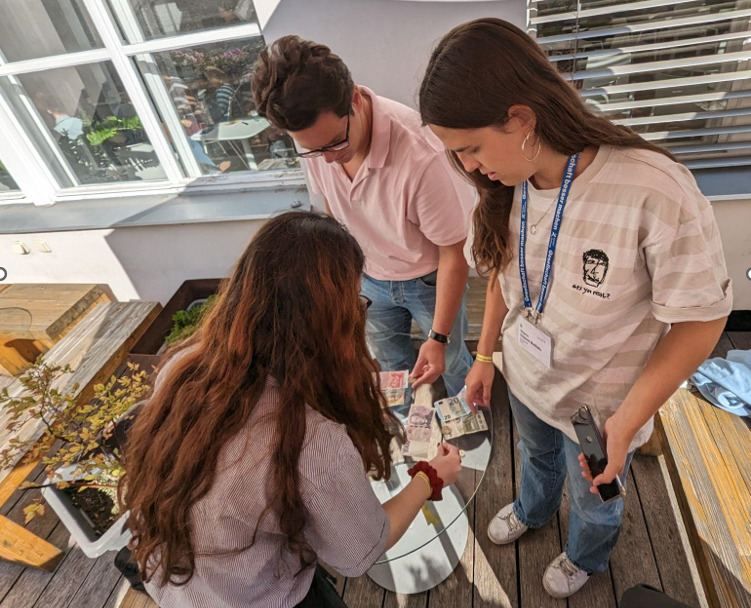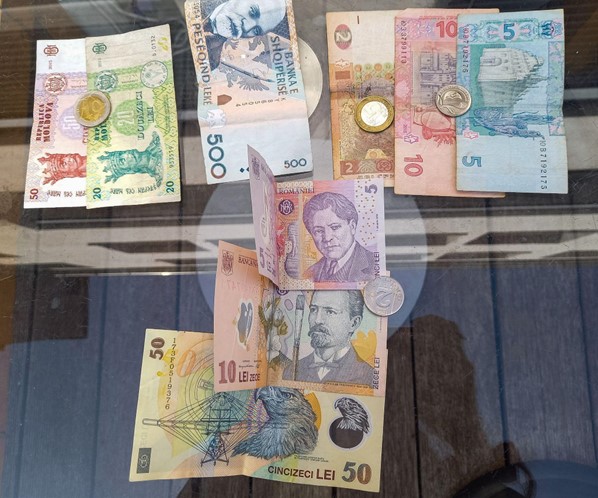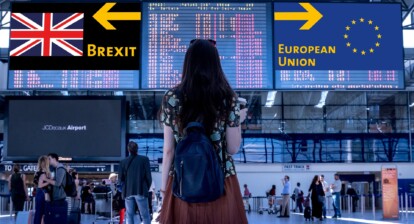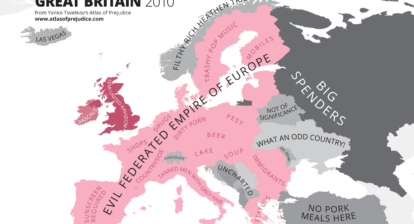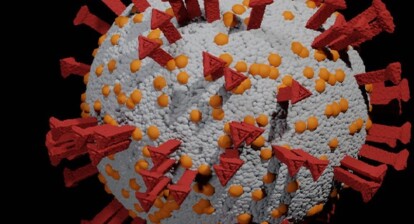In ancient times, commodities such as shells, cigarettes or silk, were used as means of payment. While the so-called barter system is long gone, even physical payments disappear more and more. Banknotes lose their importance, while cashless payments and cryptocurrencies gain ground. What does this change mean for national identities and individual experiences of Europe’s youth? During the EUSTORY Next Generation Summit in Prague, our editors asked around.
Blogging about Europe’s Currencies: Behind the Scenes
- Behind the scenes of the discussions on the article, EUSTORY Summit 2023, Prague (Photo: Private)

